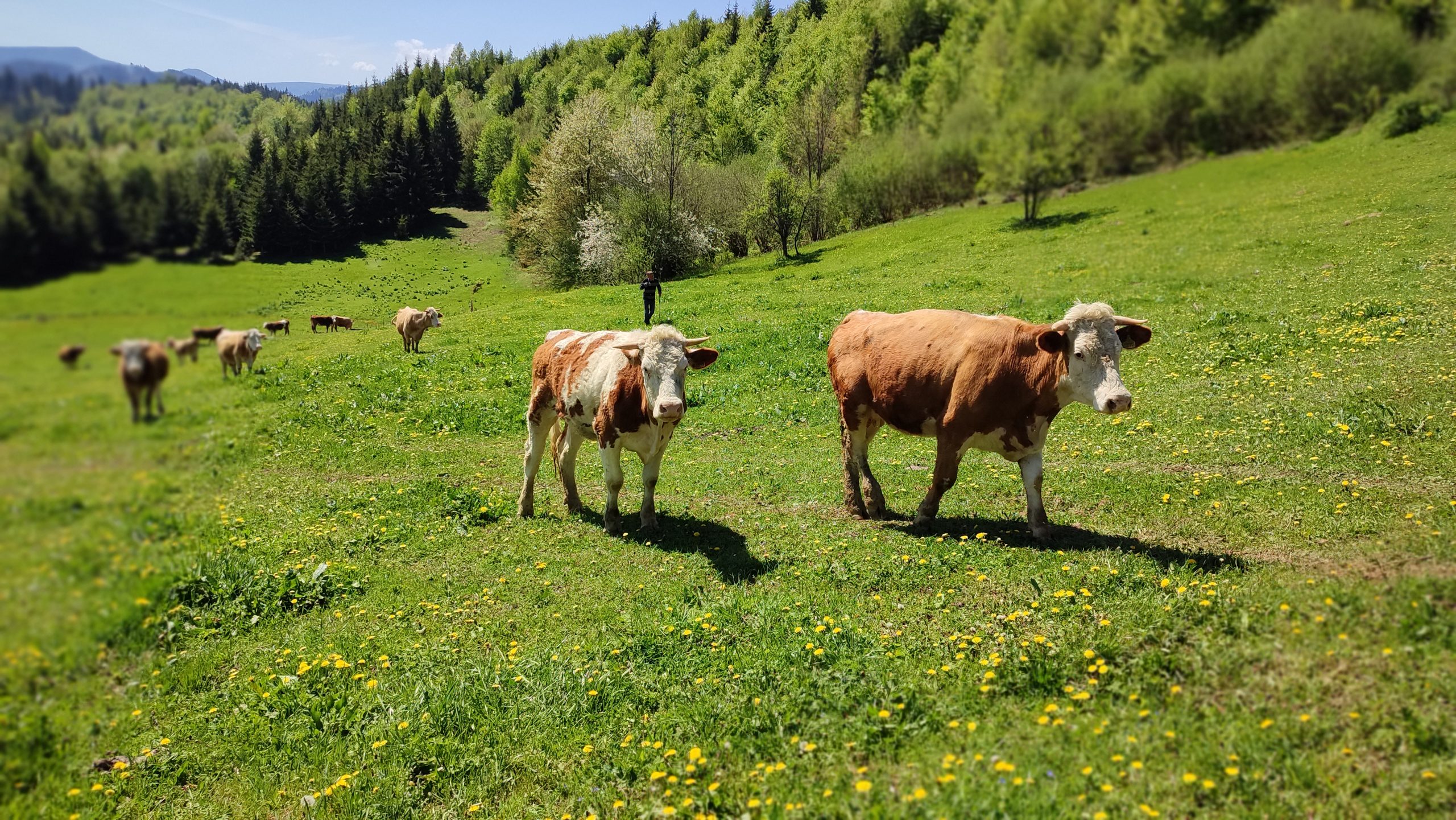
Important
Organic agriculture is a production system that avoids or largely excludes the use of synthetic compound fertilizers, pesticides, growth regulators, genetically modified organisms and feed additives.
To the greatest extent possible, the organic farming system relies on crop rotation, the use of crop residues, animal manure, legumes, green manures, organic farm waste, bio-fertilizers, mechanical tillage, the use of crushed mineral rock and aspects of biological control to maintain productivity and tillage. to supply plant nutrients and to control insects, weeds and other pests.
Organic methods can increase farm productivity, reduce environmental impact, and connect small family farms into more sustainable distribution networks that cooperate in production, certification, and marketing. The use of synthetic-chemical fertilizers and pesticides endangers soil and water. The consequences of this are severe, resulting in the destruction of the structure and composition of the upper soil layer, the reduction of soil fertility, the pollution of surface and underground water and the loss of genetic diversity.
Organic agriculture, which is a holistic production management system that promotes and improves the health of agro-ecosystems, including biodiversity, biological cycles and soil biological activity, is therefore very important. Many studies have shown that organic farming methods can produce even higher yields than conventional methods, if production is properly managed, taking into account the correct application of all agrotechnical measures. A significant difference can also be observed in soil health indicators such as nitrogen mineralization potential and abundance and microbial diversity, which was greater on organic farms. Increased soil health on organic farms has also resulted in significantly lower rates of insect and disease development. Emphasis on integrated small-scale farming systems has the potential to revitalize rural areas and their economies.
